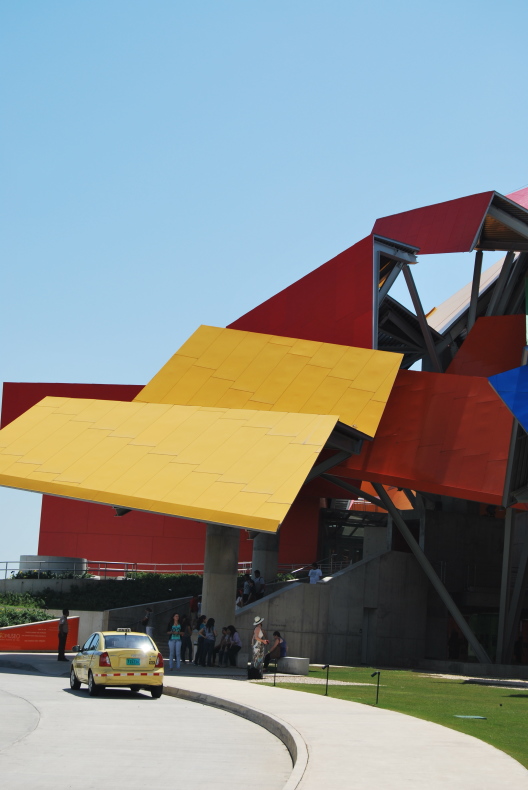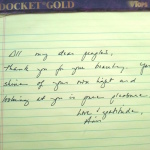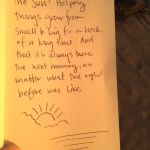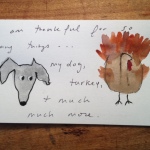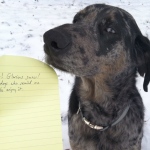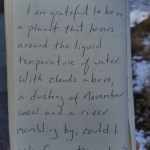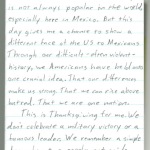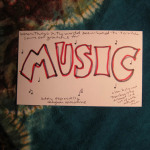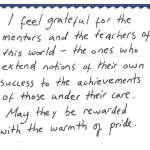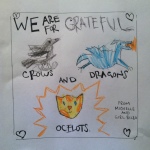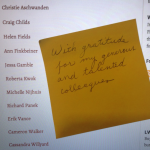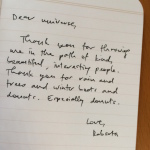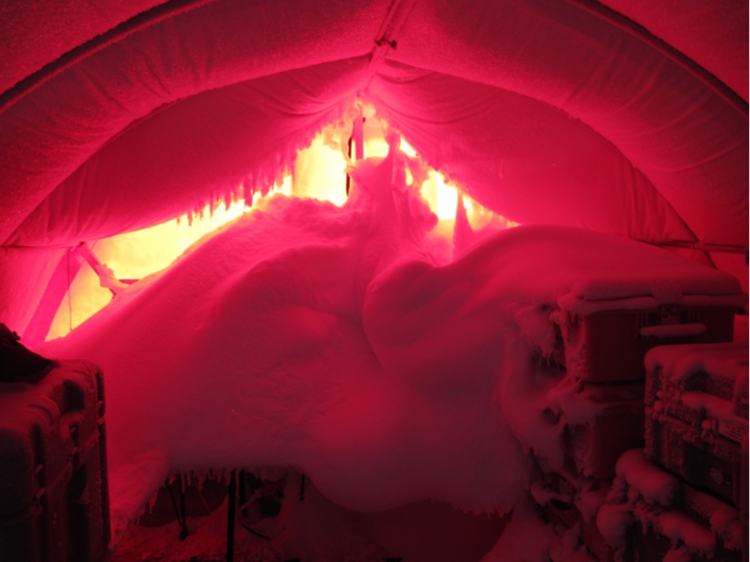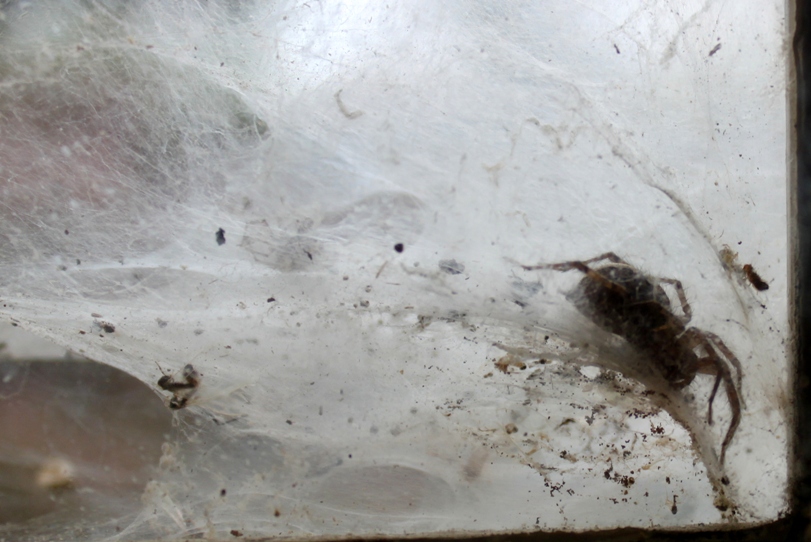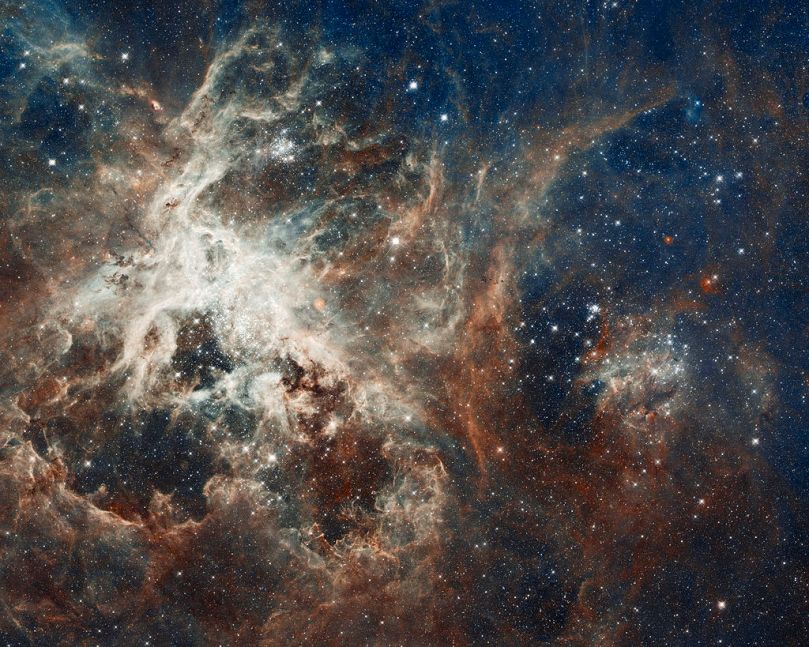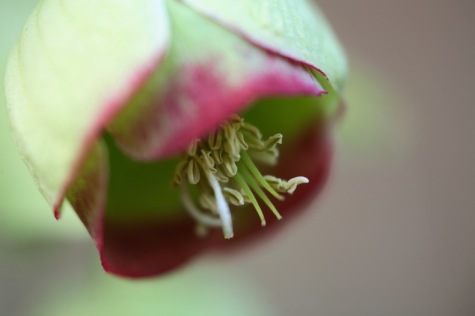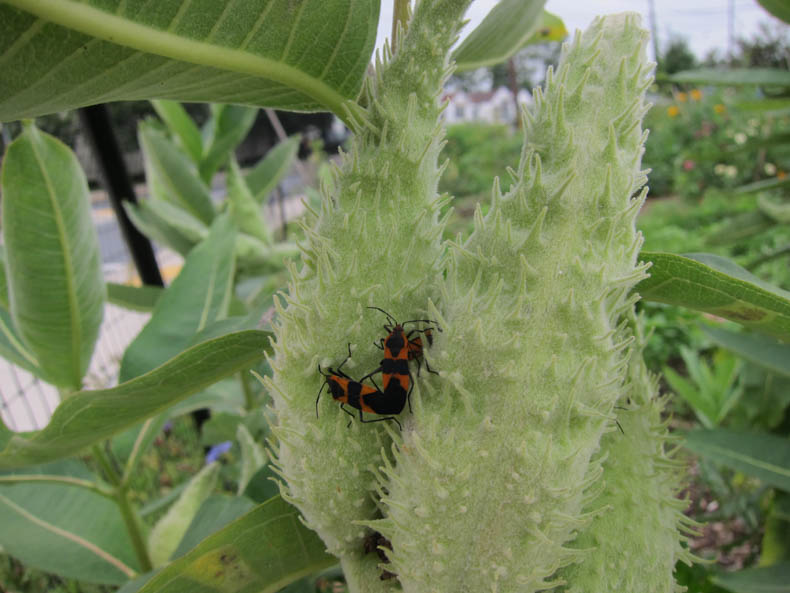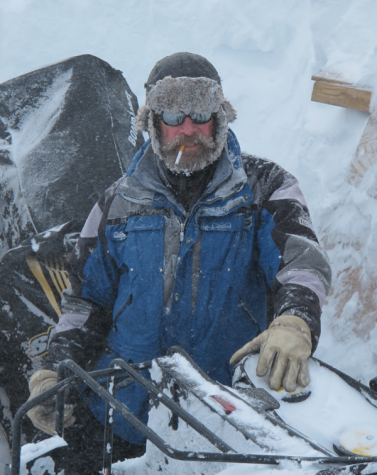
It was a week of thanks and turkeys.
Scientists and editors claim not to like anthropomorphizing, but Ann did it anyway. With galaxies. Which breathe. No, really!
Guest Nell Greenfieldboyce watched a spider go about its business in her window for weeks, then wrote about it, and it’s lovely.
Those pronouncements on climate change? They start with people making measurements in very cold places. Craig knows – he’s been there and shoveled the snow.
For Thanksgiving, the People of LWON put pen to paper and expressed our thanks for crows, the sun, and you, Dear Reader.
Erik visited a new museum in Panama and took the opportunity to fill us in on a few million years of romances between the continents.
